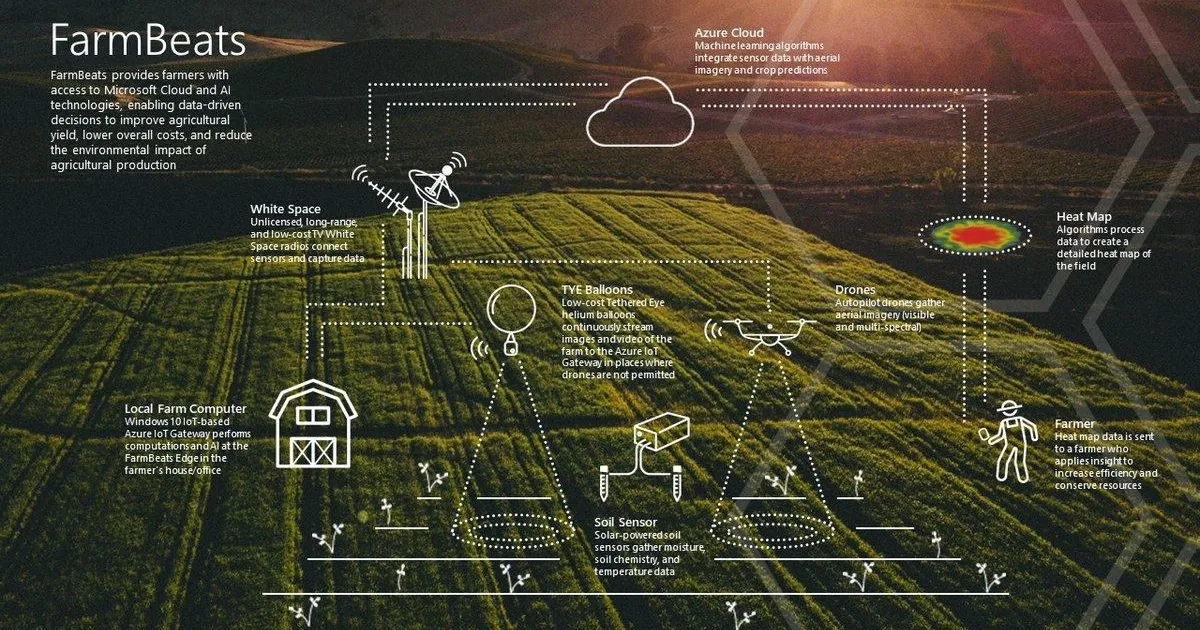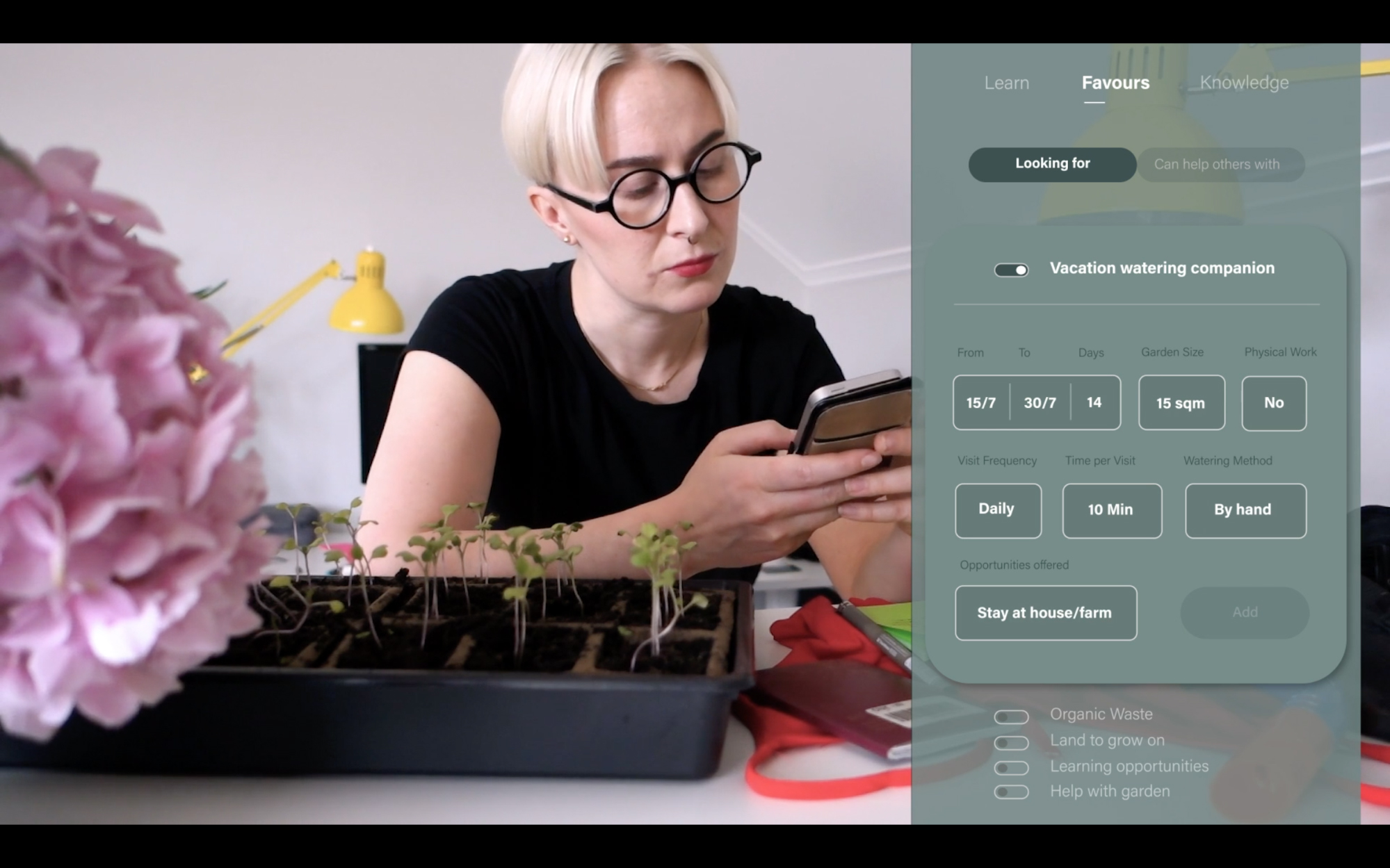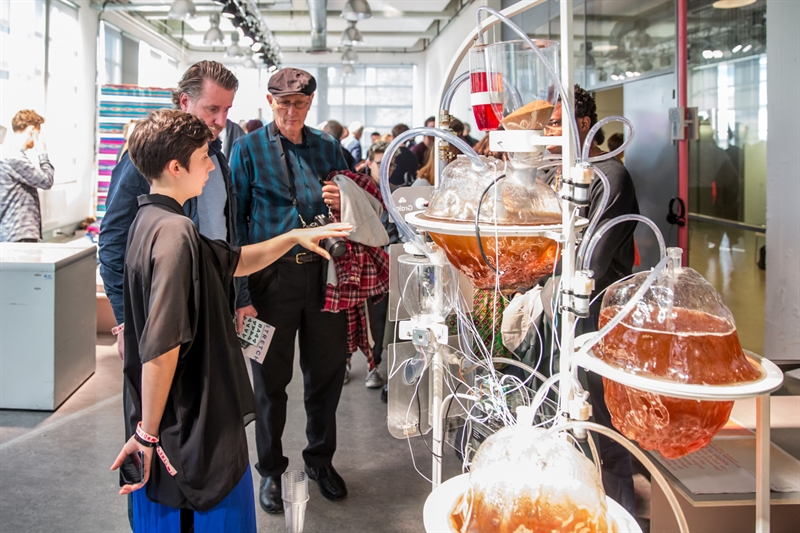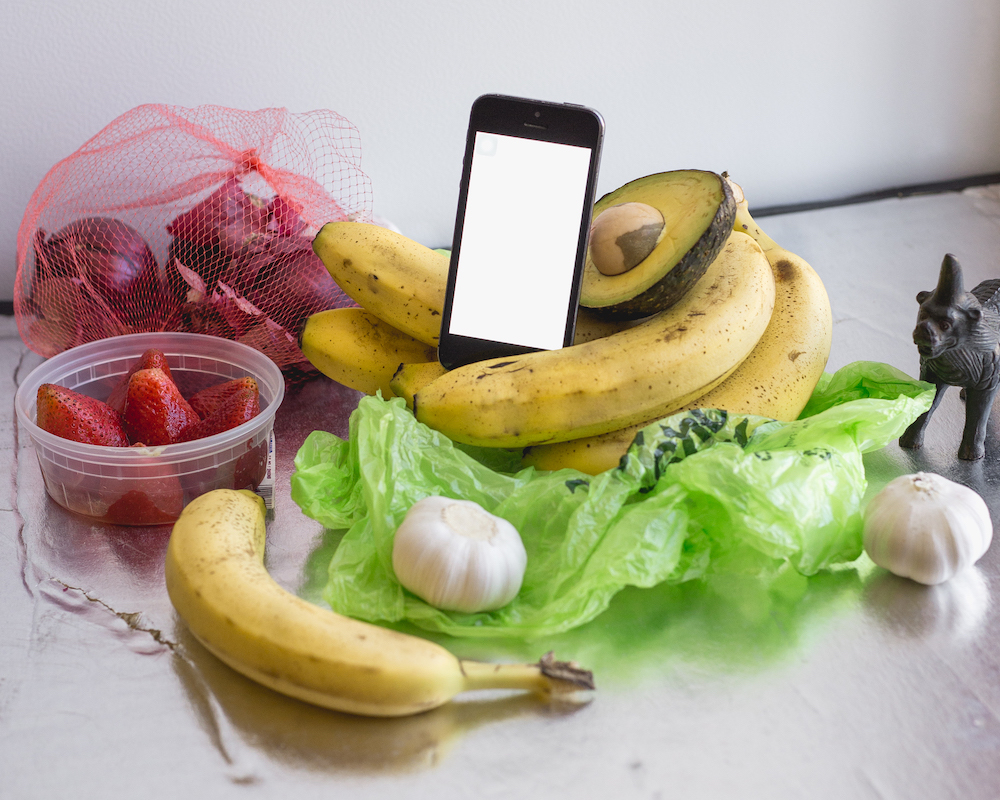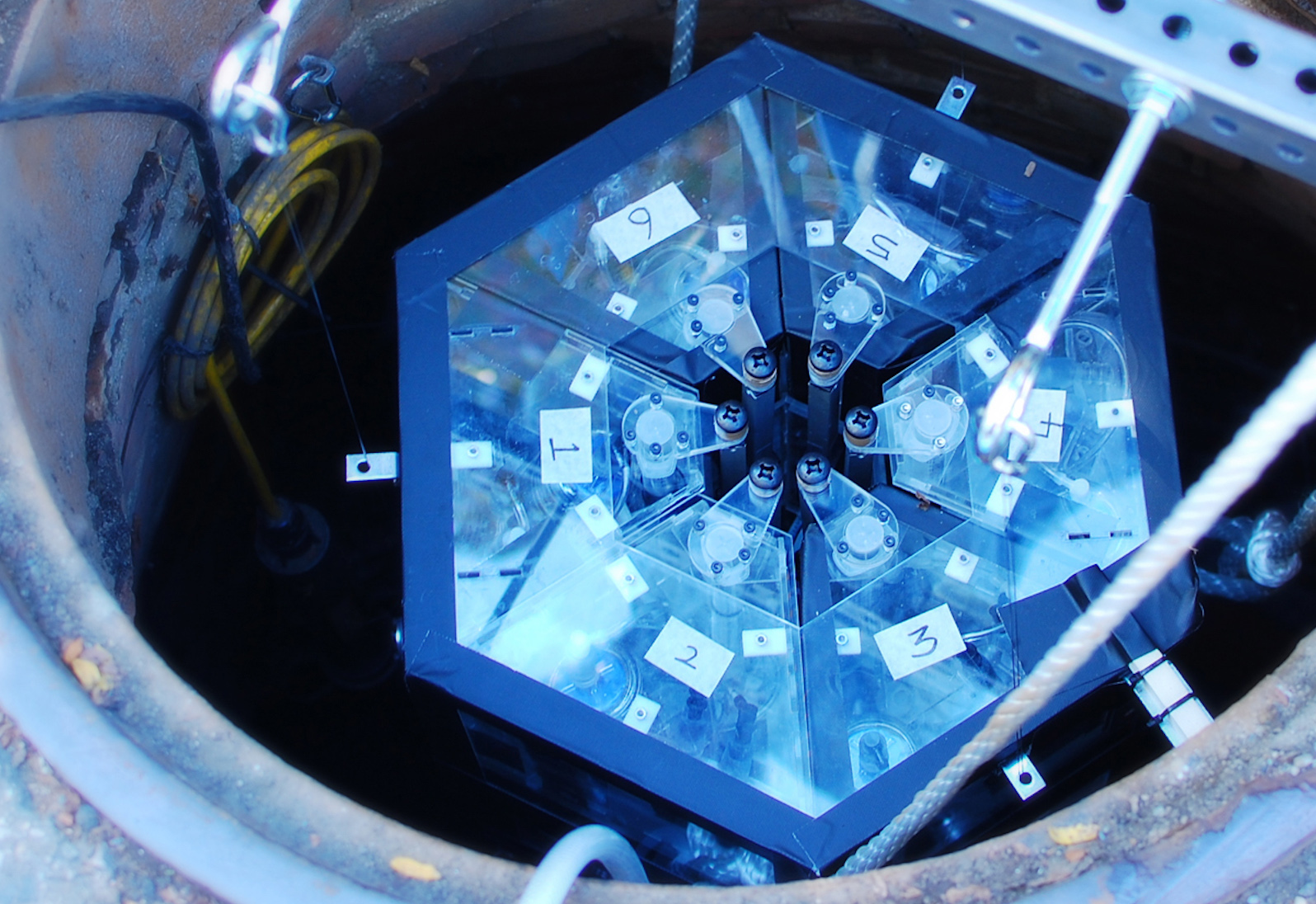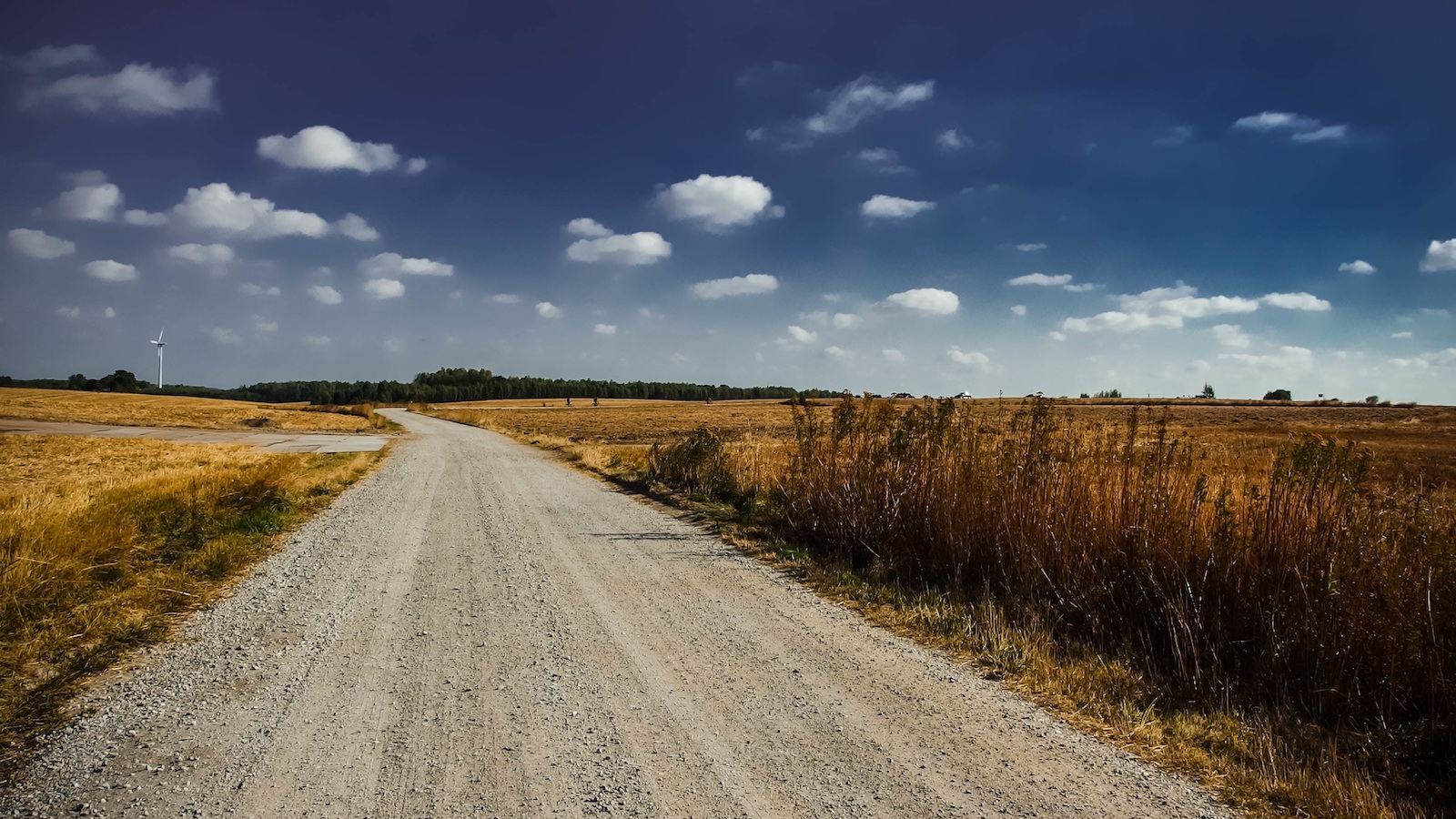Over 2 million IKEA meatballs are eaten every day at the 390 IKEA stores worldwide. That’s a lot of meatballs. As the world’s largest furniture retailer serving 650 million food guests annually, IKEA has pioneered cost-saving and logistical innovations that impact business across sectors—from flat pack shipping to their cafeteria designs, the Swedish company continues to shape how people globally live their every day lives. Today the IKEA Food group announced that they aim to cut food waste in half by August 2020 through their food waste reduction program #FoodIsPrecious.
Piloted in the UK in December 2016, the Food is Precious initiative installs a Winnow smart scale that monitors food waste being thrown directly into the waste bin. Staff input what type of food waste is being disposed of, the screen displays the price associated with the waste in real time, and the data feeds into the system’s software and then sends reports to pinpoint opportunities to cut waste. By providing direct feedback to kitchen staff, the scale drives behavior change while also providing system-wide recommendations to management. According to Michael La Cour, Managing Director IKEA Food Services, “thanks to engaged co-workers and the measuring solution, we see up to 30% food waste reduction already after a few months.”
During the pilot, 84 stores implemented the system and by May 2017 they’ve seen a reduction of “79,200 kg (almost 175,000 pounds) of food waste, equal to 341,000 kg CO2 saved, which corresponds to 473 flights between Stockholm and London,” reported IKEA.
The Food is Precious initiative is part of IKEA’s greater commitment to the UN’s Sustainable Development Goals (SDG) outlined in September 2015. The third target under the goal (Target 12.3) is outlined as: “By 2030, halve per capita global food waste at the retail and consumer levels and reduce food losses along production and supply chains, including post-harvest losses.” Today La Cour joined Champions 12.3, a loose group of business, non-profit and academic representatives that have committed to the food waste reduction target and include executives from Tesco, Nestle, Kellogg, Rabobank, World Resources Institute, World Wildlife Foundation, Oxfam and more.


